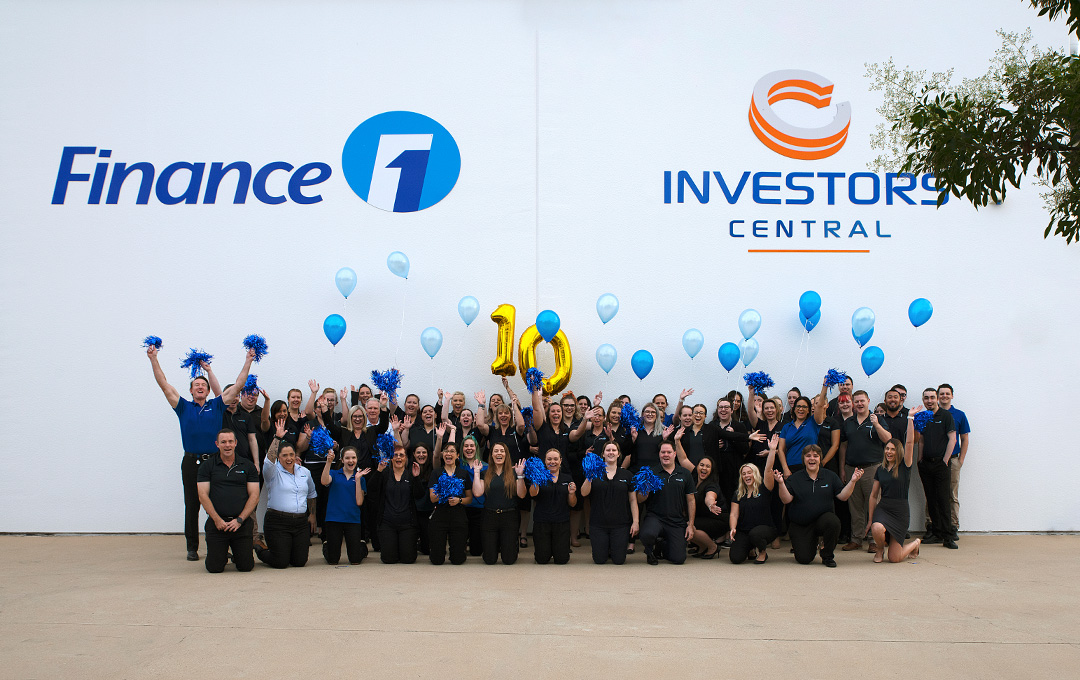Australia has been touted as having a miracle economy that managed to survive the Global Financial Crisis (GFC) and hasn’t experienced a recession since the early 1990s. Yet, regardless of the facts surrounding Australia’s economic miracle, there are many Australians who haven’t experienced an economic shock. As a Gen Xer, I hardly remember the “recession we had to have”. So it’s heartening to recall that we’ve had economic shocks before and we survived.
The 1987 Stock Market Crash
On 19 October 1987, the world stock markets experienced their largest one-day crash in history. In America the Dow Jones lost 22.6% of its value in one day, while the Australian sharemarket lost around 25% and 41.8% of its value by the end of October. The crash is believed to have begun in Hong Kong and many reasons have been attributed to this crash including the speed of global communications, automated computer trading, forced selling due to margin lending and the interconnected nature of global markets. However, markets soon recovered and closed out the year higher than they had began.
The Early 1990s Recession
During the period of the late 1980s to early 1990s most of the world’s economies suffered from a period of economic downturn. During this period Australia suffered its worst recession since the Great Depression. The 1990s recession in Australia was considered to be a result of the excesses of the 1980s and somewhat inevitable. The then Treasurer Paul Keating is famously quoted as saying it was “the recession Australia had to have”. Following the recession of the early 1990s Australia experienced a period of economic growth, unemployment fell and both inflation and interest rates declined.
The 2000 Dot Com Crash
The dot com crash was a stock market correction caused by excessive speculation in Internet-related companies in the late 1990s, a period of massive growth in the adoption of the Internet. By the close of the week ending 14 April 2000, the Nasdaq Composite index in America closed down 25%, falling 9% on the Friday. Investors were forced to sell stocks ahead of Tax Day, the due date to pay taxes on gains realised in the previous year. Growth in the technology sector then stabilised with many companies consolidating. Some companies such as Amazon, eBay, and Google gained market share and came to dominate their respective fields. These companies are now some of the most valuable in the technology sector.
2008 Global Financial Crisis
The Global Financial Crisis (GFC) of 2007 to 2008 was a severe worldwide economic crisis. It’s considered by many economists to have been the most serious financial crisis since the Great Depression of the 1930s. The GFC began in 2007 with a depreciation in the subprime mortgage market in the United States and developed into an international banking crisis with the collapse of the investment bank Lehman Brothers on 15 September 2008. In 2008 and 2009, the US Treasury and the Federal Reserve of America bailed out numerous financial and industrial companies (at the request of President George W. Bush) with the Troubled Asset Relief Program (TARP). In 2010, the Dodd–Frank Wall Street Reform and Consumer Protection Act was enacted in the US following the crisis to “promote the financial stability of the United States” and the Basel III capital and liquidity standards were adopted by countries around the world.
The Current Situation
The world has experienced outbreaks of disease in recent history such as SARS in the early 2000s and the Swine Flu pandemic of 2009 to 2010. The current economic situation is a result of a chain of events that no one could have expected to eventuate from the COVID-19 pandemic. The systematic shut down of global economies caused by the pandemic has resulted in an economic crisis that is unprecedented. However, governments of the world are reacting as well as can be expected considering the dynamic and complex nature of the situation working with central banks to take brisk action to support global economies.
The history of past economic crises shows that, while difficult at the time, they are generally short-lived and intervention by governments and financial institutions results in swift recovery. Following these events, we typically have a financial system that is better regulated and more able to resist the same shocks in the future. It’s reasonable to expect that while the current situation is unprecedented, as have been previous economic shocks, it will be managed just like previous economic shocks and we will all get to the other side.



